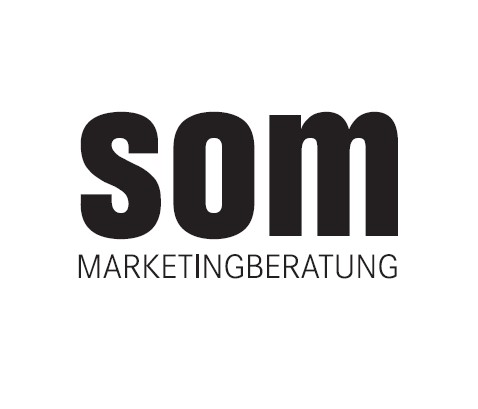This is a post with post type „Link“
Entries with this post type link to a different page with their headline. Lorem ipsum dolor sit amet, consectetuer adipiscing elit. Aenean commodo ligula eget dolor.
Entries with this post type link to a different page with their headline. Lorem ipsum dolor sit amet, consectetuer adipiscing elit. Aenean commodo ligula eget dolor.
Lorem ipsum dolor sit amet, consectetuer adipiscing elit. Aenean commodo ligula eget dolor. Aenean massa. Cum sociis natoque penatibus et magnis dis parturient montes, nascetur ridiculus mus. Donec quam felis, ultricies nec, pellentesque eu, pretium quis, sem.
Nulla consequat massa quis enim. Donec pede justo, fringilla vel, aliquet nec, vulputate eget, arcu. In enim justo, rhoncus ut, imperdiet a, venenatis vitae, justo. Nullam dictum felis eu pede mollis pretium. Integer tincidunt. Cras dapibus. Vivamus elementum semper nisi. Aenean vulputate eleifend tellus. Aenean leo ligula, porttitor eu, consequat vitae, eleifend ac, enim.
The business and sustainability conference Opportunity Green, held this past weekend in L.A., was an amazing experience. As we watched the various films and presentations, my wife and I moved from fear (How will the world survive?) to guilt (Look how we’ve polluted our planet!) to the hope that we can all work together, connected by the belief and passion that we will find a better way.
The Story of Stuff
One of the presentations that struck me most was when sustainability expert Annie Leonard shared her film, „The Story of Stuff.“ The animated work takes a hard (yet humorous) look at the pitfalls of our consumer society. It has developed quite a following, with more than 7 million views to date. After watching it, you come away wondering if it’s possible to have a consumer-based economy and achieve true sustainability.
This is something that both industrial designers and their clients have to consider. Traditionally, we are dependent upon consumers to buy the things we create. Shifting the consumer paradigm has to begin with a fundamental shift in the way we think, the way we do business, and the way we all live our lives.
This syncs up well with a point cognitive anthropologist Dr. Bob Deutsch has been making for years now. According to Deutsch, we need to do a „search and replace“ in the way we speak, and to move from talking about „consumers“ to talking about „people.“ Perhaps this is the first step on the path to finding ways to thrive in business without consuming ourselves and our world into oblivion.
There are many aspects to consider in building a new paradigm for sustainable products, practices, and business models. But perhaps the most important piece of the puzzle is creating sustainable experiences. The experience is where we connect with people. If we create products or services that are terrific for the environment, but which fail to empower and delight, people will not use them. To truly be sustainable, a product or practice must feel more like a reward than like something we „should“ do. If it feels like penance, we may do it once or twice, but it won’t become a part of who we are.
The viral videos of The Fun Theory (a Volkswagen initiative) are a terrific example of how appealing to key emotions (in this case, joy and surprise) can be used to create positive change in behavior. In the videos, a staircase is turned into a huge piano keyboard to encourage people to take the stairs, the „world’s deepest bin“ encourages people to use a trash can instead of littering. In the video below, the simple act of recycling is turned into a fun arcade game. In each case, people were enticed to change their behavior not because it was the right thing to do, but because it was a more fun and engaging experience.
Opportunity Green showcased several fine companies who understand the power of emotion and who know that empowering people is the first ingredient in finding a better, more sustainable way. Still, it’s clear that we are at the beginning of this paradigm shift. And it is equally clear that to make a shift of this magnitude we will all have to work together to find new ways for companies to continue making money while making a difference.
Posted using ShareThis
Diese Webseite nutzt Cookies für Funktions-, Komfort- und auch zu Statistikzwecken.
Mit Klick auf „OK“ stimmen Sie der Verwendung von Cookies zu.
Sie haben die Möglichkeit verwendete Cookies in den Datenschutzhinweisen zu blockieren.
